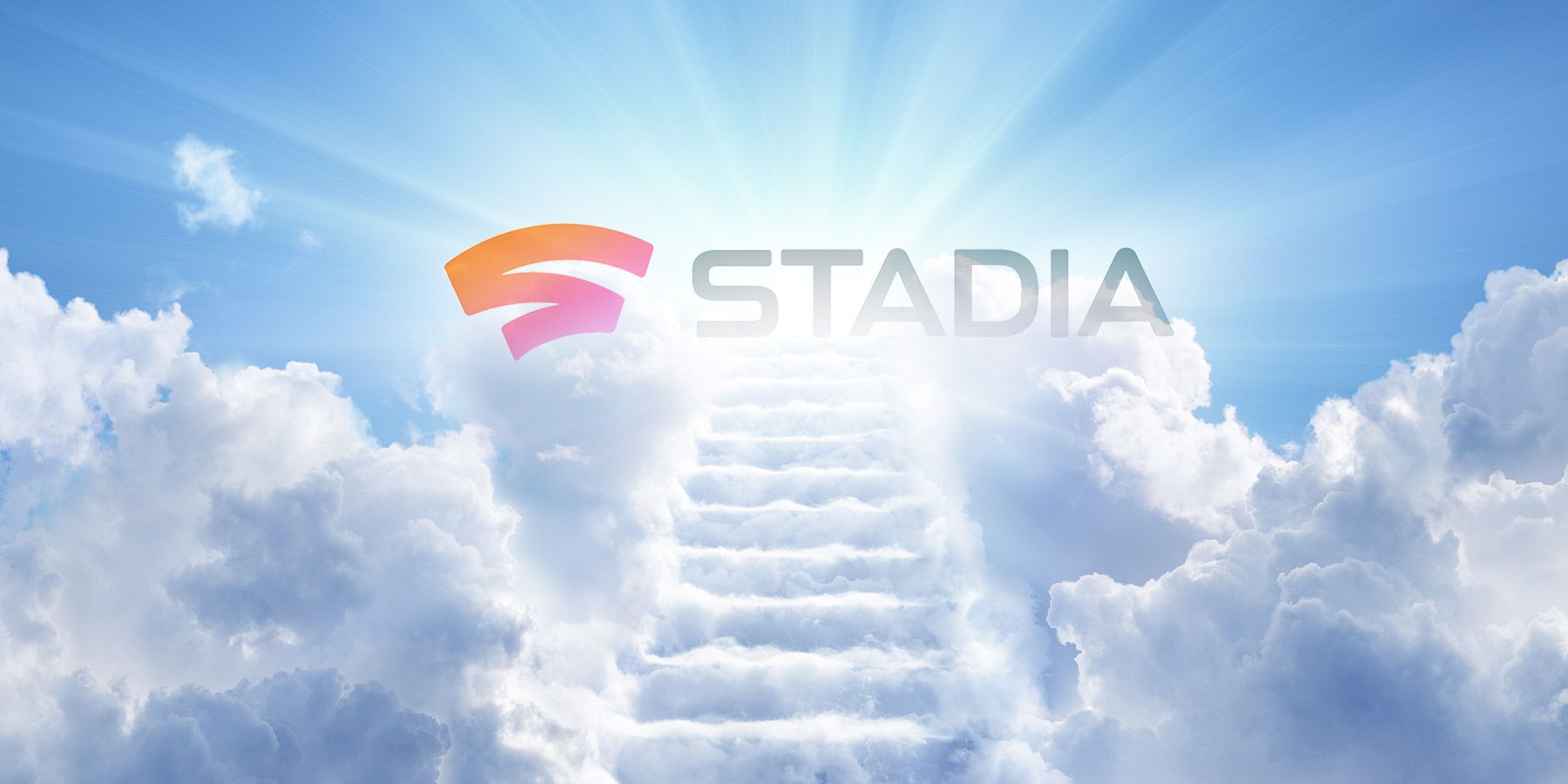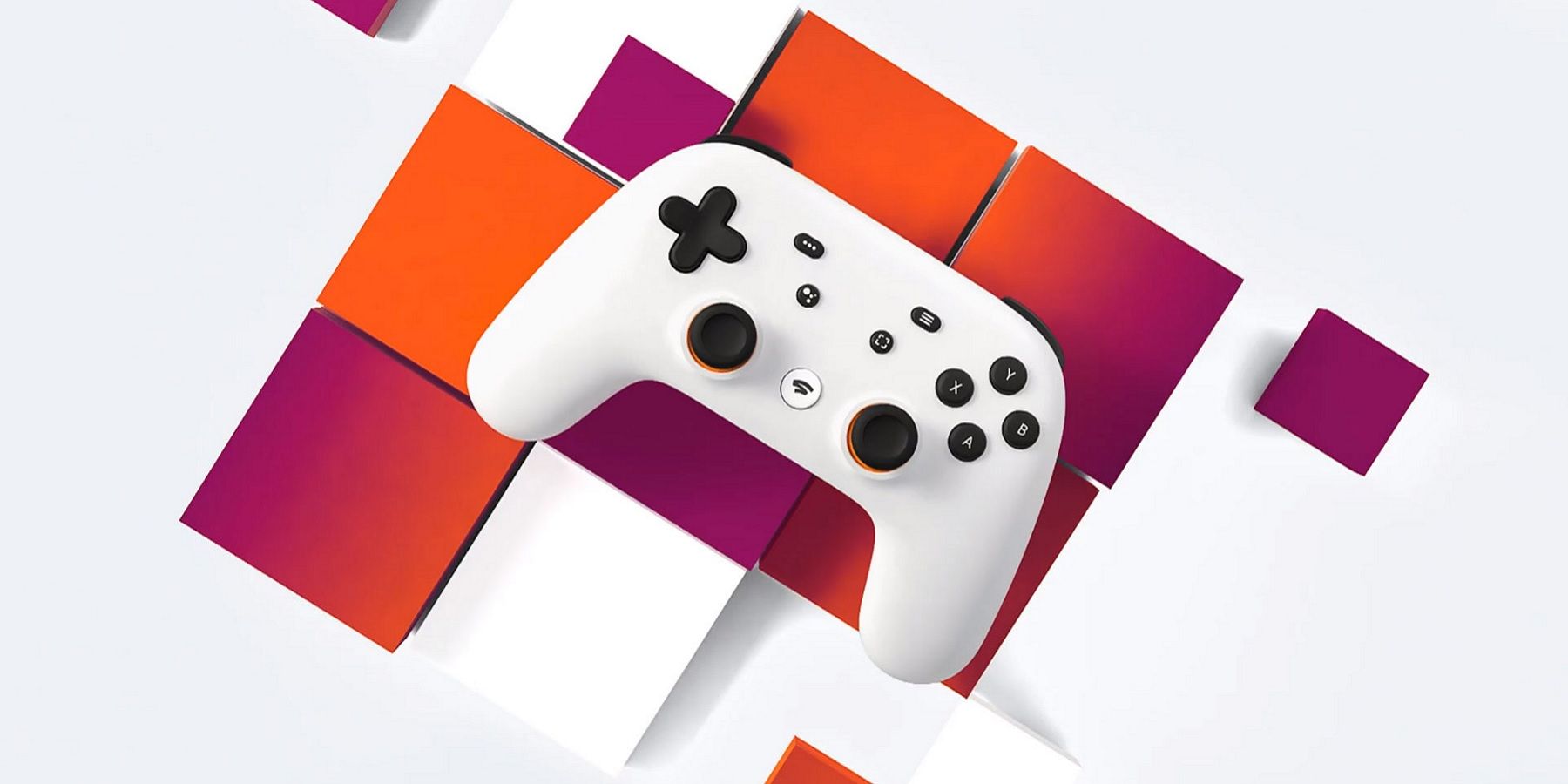Over the last few years, cloud gaming has become an increasingly popular concept. On paper, cloud gaming essentially means that gamers with a strong enough internet connection would be able to stream games straight to their phone, tablet, or Smart TV, eliminating the need for an expensive console or PC. But cloud gaming isn't quite that simple, and even the service's biggest advocate, Google Stadia, has had to learn that the hard way.
Launched back in 2019 after years' worth of leaks and rumors, Google Stadia sought to bring the 4K, 60fps gaming experience to those without consoles by providing the world's most complete and stable cloud gaming service. And while this turned out to be a great success for some, for others the experience just didn't live up to its potential. Just a few days ago, Google announced that Stadia would be shutting down in January 2023, with players losing access to any games they've purchased through the service. While the gaming community is currently focused on the prevalent discussions surrounding digital game ownership, or the lack thereof, it's also important to think about where cloud gaming goes from here.
What Stadia's Shutdown Could Mean For Cloud Gaming's Future
Cloud gaming has a surprisingly long history in the video game landscape, with its first uses dating all the way back to 2003 and the G-Cluster, an extremely primitive attempt to offer streaming-based games and video-on-demand. In the decade that followed, cloud gaming went dormant, only rearing its head once again in 2010 with OnLive, a fairly competent game streaming service that never managed to turn a profit, and subsequently shut down in 2012 - but not before granting some of its technology rights to PlayStation for its PS Now service.
Since then, Nvidia has been the biggest voice in the cloud gaming landscape, with its Nvidia GeForce Now subscription service beginning life back in 2013 as Nvidia Grid. While Nvidia's foray into cloud gaming has been fairly successful, it's lacked the funding to really elevate the medium to the mainstream, something which Google sought to do. In 2019, Google Stadia launched, and of all the attempts at cloud gaming so far, Stadia had the most promise. With enough money for some substantial servers, the pipe dream of cloud gaming finally seemed like it could be a reality, and for some early adopters, it was. Though the library was sparse when it released, Stadia's performance was surprisingly good according to early critics, but that soon changed when the general public got their hands on it.
Cloud gaming is quite a niche product, which is ironic considering that the purpose of a gaming streaming service is to get games in the hands of casual audiences that don't want to spend a lot of money on one console. So, Google had a hard time trying to convince the gaming public that Stadia was a worthwhile investment. Marketing Stadia to hardcore gamers didn't make any sense, as they already own a PC or console, and marketing to casual gamers didn't get Stadia far as cloud gaming is still a bit of a confusing concept for the mass market. Over the last year or so, Google Stadia has stagnated. With no new players, there's no continuous stream of revenue, and with no money, there's no reason to host expensive servers.
Google Stadia shutting down just three years after its launch is not a good sign for the future of cloud gaming. This announcement essentially tells the gaming industry that even a juggernaut company like Google can't make cloud gaming a financially viable product, or at least not yet. However, over the last few years Xbox has spent a lot of time, effort, and money trying to create and market its own Xbox cloud gaming service, and it's not like Xbox to abandon its projects quickly.
So, even despite Stadia shutting down, it seems likely that Xbox will still try to push its own cloud gaming service. Maybe this time more of an emphasis will be placed on marketing it to a specific audience, whether that's hardcore gamers that want to take their AAA gaming experience on the go or the casual market that is looking for a dirt-cheap gaming experience.


